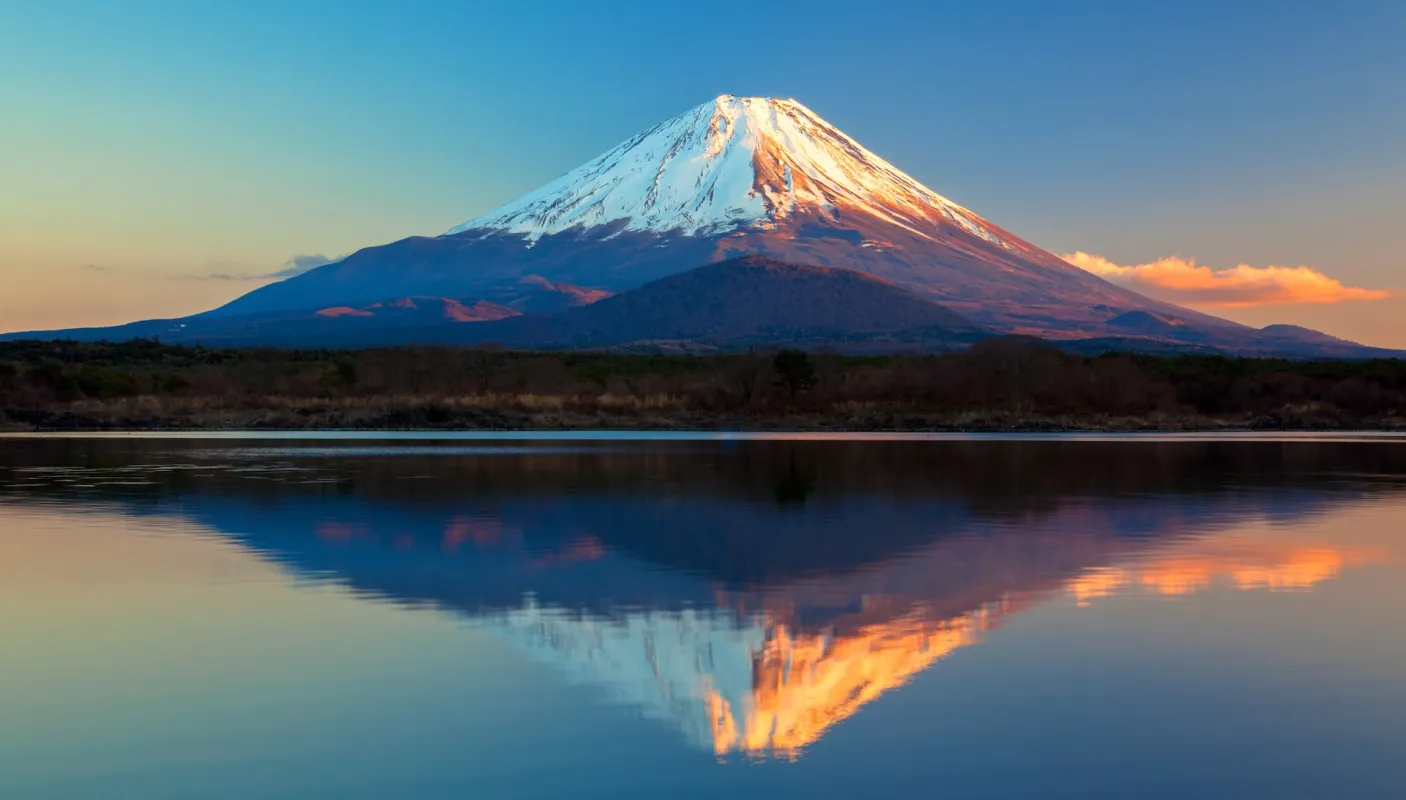Muntele Fuji, un sit UNESCO venerat în Japonia, se confruntă în prezent cu provocări majore de mediu din cauza afluxului de turiști. Cunoscut pentru frumusețea sa maiestuoasă, situl a căpătat recent titlul nefericit de “munte de gunoi”, deoarece deșeurile se adună de-a lungul traseelor sale renumite.
Problema în creștere a gunoaielor
Numărul tot mai mare de vizitatori a dus la o creștere semnificativă a deșeurilor, sticlele și ambalajele aruncate diminuând considerabil starea odinioară impecabilă a vârfului. Această creștere a numărului de turiști este atribuită numărului record de turiști din Japonia, atingând un maxim istoric în 2024, conform raportărilor din Travel and Tour World.
Pe măsură ce imaginile cu peisaje pline de gunoaie se răspândesc pe rețelele sociale, indignarea publicului a determinat oficialii locali și cetățenii preocupați să ia măsuri. Guvernul japonez și autoritățile regionale introduc acum noi măsuri pentru a aborda presiunile asupra mediului cauzate de turismul de masă de pe Muntele Fuji.
Impactul Suprasolicitării Turistice
Supraturismul nu este doar o preocupare pentru Muntele Fuji; multe destinații populare din Japonia, inclusiv Kyoto și Tokyo, resimt repercusiunile. Presiunea asupra infrastructurii locale, împreună cu degradarea ecosistemelor naturale și a patrimoniului cultural, este alarmantă. Acumularea de deșeuri poate duce la infiltrarea substanțelor toxice, dăunând atât faunei sălbatice, cât și mediului, în timp ce strică experiența vizitatorilor.
Răspunsul Guvernanței
Pentru a aborda problemele în creștere, autoritățile japoneze implementează mai multe inițiative care vizează promovarea practicilor de turism durabil. De la creșterea taxelor de intrare pentru turiști până la încurajarea vizitelor în regiuni mai puțin frecventate, guvernul explorează modalități de a atenua efectele supraaglomerării.
O Perspectivă Istorică asupra Turismului în Japonia
Din punct de vedere istoric, Japonia a fost admirată pentru atracțiile sale culturale și naturale unice, atrăgând călători timp de secole. Cu toate acestea, turismul de masă, în special în ultimii ani, a arătat că popularitatea poate duce la consecințe grave. Situația de pe Muntele Fuji evidențiază necesitatea urgentă a unor practici durabile pentru a menține atât integritatea mediului, cât și experiența turistică. Pe măsură ce Japonia își stabilește obiective ambițioase de a primi anual 60 de milioane de vizitatori internaționali până în 2030, găsirea unui echilibru între creștere și durabilitate nu a fost niciodată mai importantă.
Viitorul Turismului
Există o nevoie prudentă de inovație și conștiință în modul în care este abordat turismul. Impactul asupra mediului al recurgerii la practicile tradiționale trebuie evaluat critic, determinând explorarea unor căi mai noi care să permită creșterea economică, conservând în același timp resursele naturale.
Inițiativele Sustenabile și Importanța Lor
Pentru a combate problema tot mai mare a deșeurilor, oficialii japonezi apelează la abordări holistice care cuprind practici de turism durabil. Inițiative precum creșterea taxelor de intrare pentru vizitatorii internaționali ar putea oferi finanțare pentru întreținerea necesară a mediului. Mai mult, guvernele locale fac apel la călători să exploreze regiuni obscure, decomprimând presiunea asupra locațiilor faimoase precum Muntele Fuji.
Campanii de conștientizare
Campanii de sensibilizare publică precum “Turism pentru Toți” încurajează vizitatorii să respecte obiceiurile locale și subliniază importanța turismului responsabil, îndemnând călătorii să își ducă gunoiul cu ei. De asemenea, sunt în curs de desfășurare eforturi pentru a stimula turismul regional prin dezvoltarea de atracții în zone mai puțin vizitate, dar care încă posedă semnificație culturală și naturală.
Muntele Fuji ca studiu de caz
Situația actuală a Muntelui Fuji servește drept un semnal de alarmă crucial pentru Japonia. Dacă este abordată corect, poate deveni un studiu de caz care să prezinte strategii de turism durabil. Deși provocările sunt formidabile, ele reprezintă și o oportunitate pentru Japonia de a-și consolida poziția de lider global în turismul durabil. Prin gestionarea eficientă a fluxurilor de vizitatori și promovarea practicilor ecologice, țara își poate proteja minunile naturale pentru generațiile viitoare.
The Broader Impact on International Tourism
Situația din jurul Muntelui Fuji este emblematică pentru o tendință mai amplă care afectează numeroase destinații turistice globale. Pe măsură ce călătorii devin mai conștienți de problemele de mediu, cererea pentru opțiuni de turism durabil este în creștere. Destinațiile din întreaga lume vor trebui să se adapteze și să învețe din aceste provocări, asigurându-se că turismul nu vine cu prețul frumuseții lor naturale și al integrității culturale.
Aceasta subliniază necesitatea unor alegeri responsabile de călătorie în rândul turiștilor. Peisajul în evoluție al turismului global necesită o schimbare de paradigmă care să prioritizeze bunăstarea atât a călătorilor, cât și a mediilor pe care le prețuiesc. Adoptarea practicilor de turism durabil poate favoriza un echilibru mai bun între plăcerea vizitatorilor și conservarea ecologică.
Provocările continue ale Muntelui Fuji subliniază o nevoie urgentă de abordări alternative ale managementului turismului. Eforturile de îmbunătățire a protecției mediului, concomitent cu promovarea unui turism responsabil, pot duce la o relație armonioasă între natură și milioanele de oameni care doresc să se bucure de ea. Prin urmare, GetBoat.com urmărește mereu ultimele noutăți din turism, recunoscând importanța practicilor sustenabile în îmbunătățirea experienței de călătorie. Înțelegând și respectând destinațiile pe care le vizităm, ne putem asigura că aceste locuri frumoase rămân accesibile și curate pentru mulți ani de acum încolo.

 Environmental Concerns at Mount Fuji Amid Tourist Surge">
Environmental Concerns at Mount Fuji Amid Tourist Surge">
